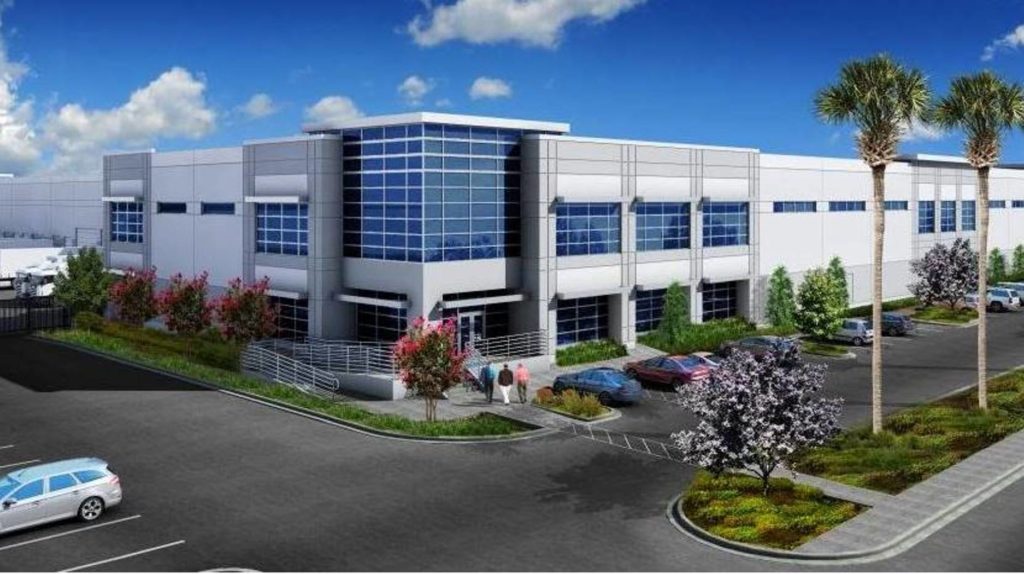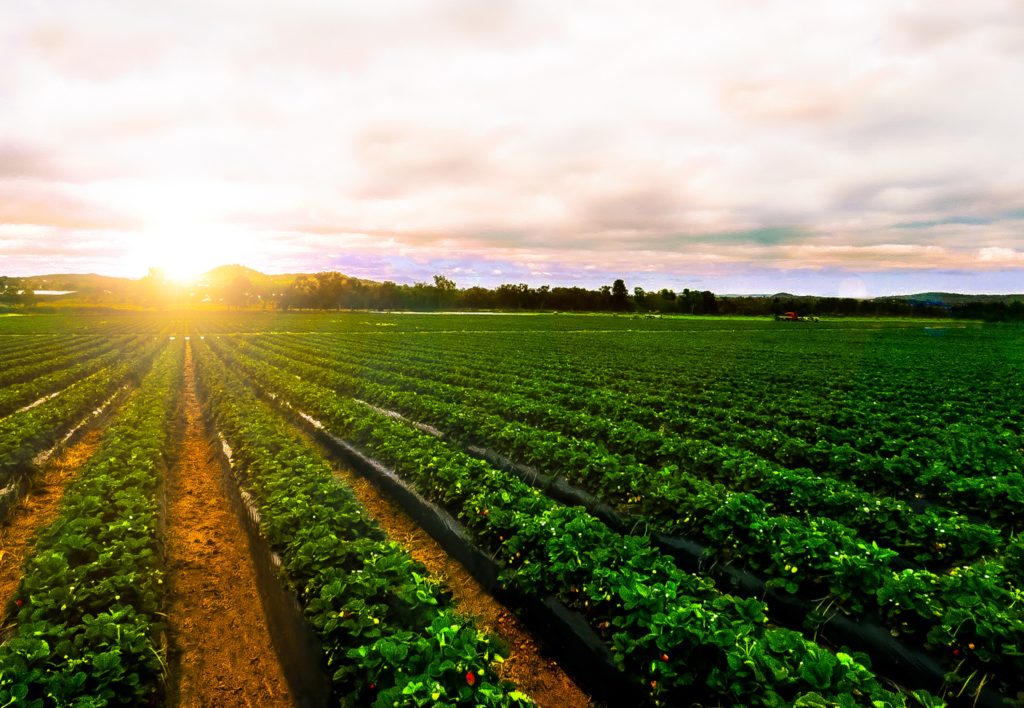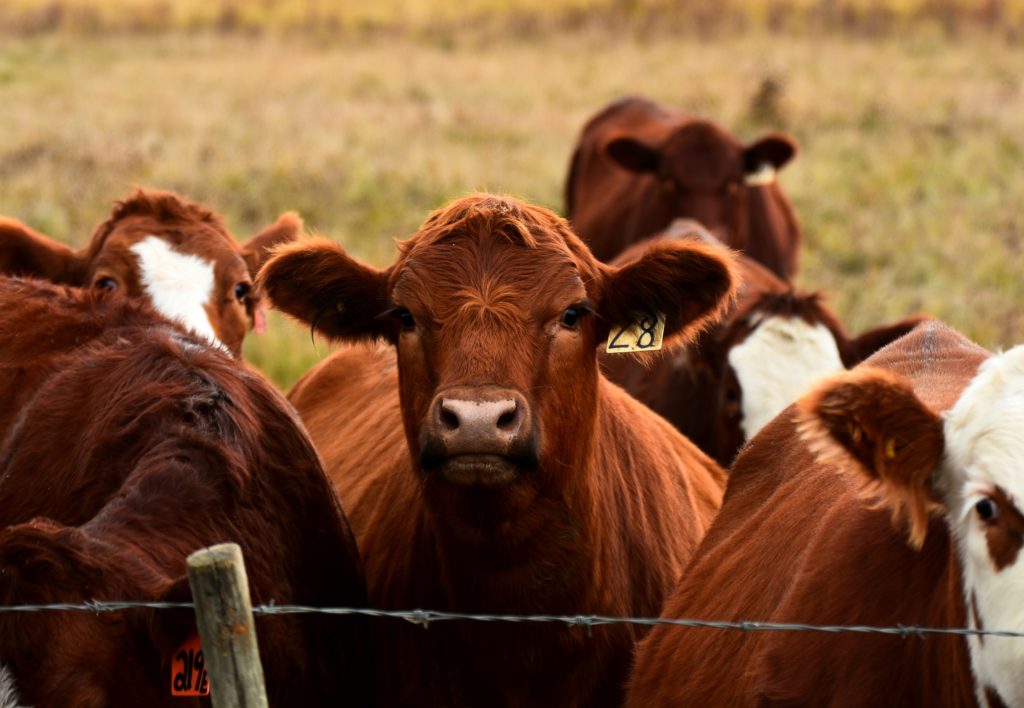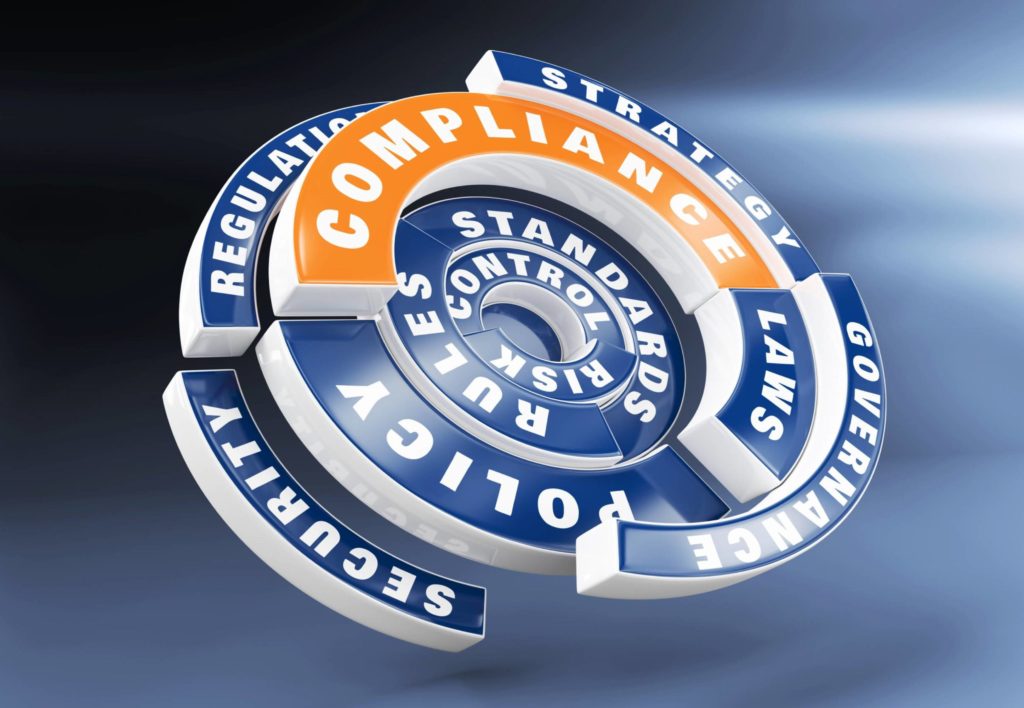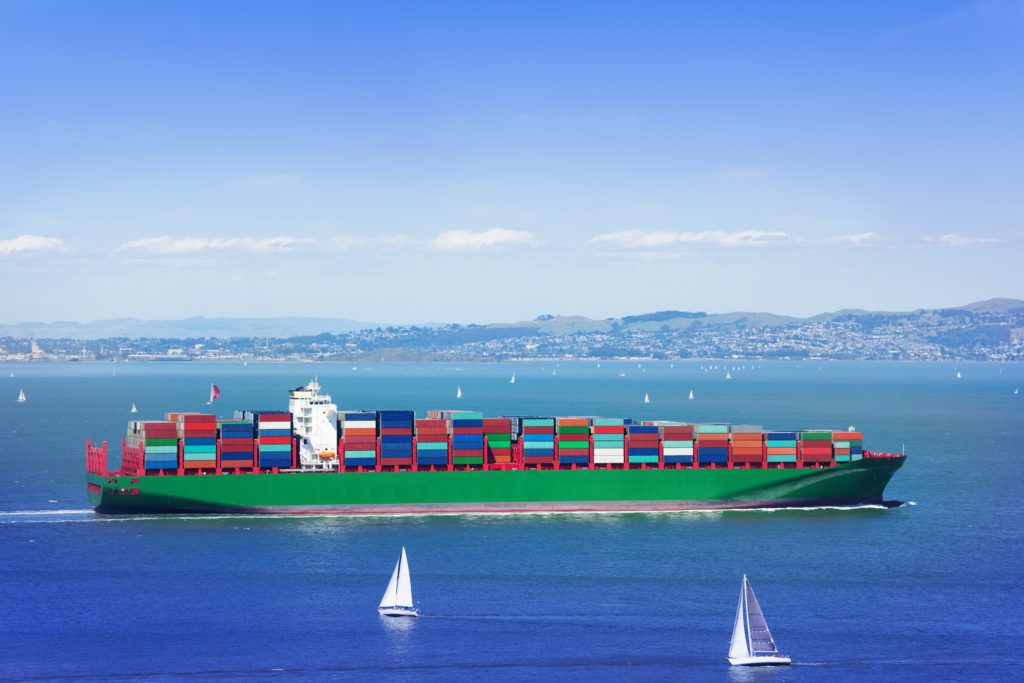Food Facility Registration
Food Facility Registration and U.S. Agent
FDA Food Facility Registration
The Public Health Security and Bioterrorism Preparedness and Response Act of 2002 (the Bioterrorism Act) requires domestic and foreign facilities that manufacture, process, pack or hold food for human or animal consumption in the United States to register with the Food and Drug Administration (FDA). Food is defined in the Bioterrorism Act as:
- Articles used for food or drink for man or animals,
- Chewing gum, and
- Articles used for components of any such article.
Your facility must register before you begin manufacturing/processing, packing, or holding food for consumption in the United States. See section 415 of the Federal Food, Drug, and Cosmetic Act (FD&C Act)
Section 415 of the FD&C Act, as amended by the FDA Food Safety Modernization Act (FSMA), also requires food facilities required to register with FDA to renew such registrations every other year, and provides FDA with authority to suspend the registration of a food facility in certain circumstances.
FDA’s New Food Safety Law
In-Depth Coverage: Importing Food Products
- What is FDA Food Safety Modernization Act (FSMA)?
- Prior Notice of Imported Foods
- FDA Food Facility Registration
- Risk-Based Preventive Controls for Human Food
- Risk-Based Preventive Control for Animal Food
- Protect Food against Intentional Adulteration
- What is Foreign Supplier Verification Program (FSVP)?
- What is FSMA Produce Safety Rule?
Specifically, if FDA determines that food manufactured, processed, packed, received, or held by a registered food facility has a reasonable probability of causing serious adverse health consequences or death to humans or animals, FDA may by order suspend the registration of a facility that:
- Created, caused, or was otherwise responsible for such reasonable probability; or
- Knew of, or had reason to know of, such reasonable probability; and packed, received, or held such food.
Food imported or offered for import into the United States for human or animal consumption is covered by the Bioterrorism Act. Also covered are:
- Food stored or distributed in the United States,
- Gifts not homemade and not accompanying a traveler, trade, and quality assurance/control samples,
- Transshipments through the United States to another country (T&E),
- Food imported for future export,
- Food admitted into a U.S. Foreign Trade Zone (FTZ).
In-Depth Coverage: USDA-Regulated Products
- Importing USDA-Regulated Food Products
- Import Regulation by USDA Agricultural Marketing Service (AMS)
- Food Products – FDA or USDA Regulated
- Country of Origin Labeling
- Importing Animals, Animal Products, and Biologics into the US
- Importing Meat, Poultry, and Egg Products into the US
- Labeling and Marking of Imported Meat, Poultry, and Egg Products
- USDA National Organic Program (NOP)
- Agricultural Safeguards and USDA Licensing
Who must register under the food facility registration requirements?
- If you are the owner, operator, or agent in charge of either a domestic or foreign facility that is engaged in manufacturing/processing, packing, or holding of food for human or animal consumption in the United States, you must register with FDA, unless you are exempt from the requirement to register.
-
If you are an owner, operator, or agent in charge of a domestic facility, you must register your facility whether or not the food from the facility enters interstate commerce.
-
If you are the owner, operator, or agent in charge of a facility, you may authorize an individual to register your facility on your behalf.
-
A foreign facility’s U.S. agent may, but is not required to, register the facility.
Included Foods:
- Dietary supplements and dietary ingredients
- Infant formula
- Beverages (including alcoholic beverages and bottled water)
- Fruits and vegetables
- Fish and seafood
- Dairy products and shell eggs
- Raw agricultural commodities for use as food or components of food
- Canned and frozen foods
- Bakery goods, snack food, and candy
- (including chewing gum)
- Live food animals
- Food for animals (e.g., pet food, pet treats, and chews, animal feed)
Note: Facilities that process only fish of the order Siluriformes (i.e., catfish, tra, swai, and basa) and products derived from these fish are not required to register as these facilities are regulated exclusively throughout the entire facility by the United States Department of Agriculture (USDA).
In-Depth Coverage: Marketing and Advertising Compliance
- Federal Trade Commission (FTC) Advertising Rules
- Made in USA Standard
- FTC Regulation on Environmental Claims
- Adverting and Marketing on the Internet
- Label Claims for Conventional Foods and Dietary Supplements
- Dietary Supplement Advertising: What is FTC's Truth-in-Advertising Law?
- USDA Country of Origin Labeling (COOL)
- FTC Rules & Regulations on Food Advertisement
Excluded Foods
• Food contact substances
• Pesticides
Note: A facility that manufactures/processes, packs, or holds only a food contact substance or pesticide is NOT required to register with FDA.
What if foods are handled by more than one foreign facility?
Example 1:
If a foreign facility that manufactures, processes, packs, or holds the food sends it to another foreign facility for further manufacturing/processing (including packaging) before the food is exported to the U.S.
Then, only the second foreign facility is required to register with respect to that food.
Example 2:
If the second foreign facility performs only a minimal activity, such as putting on a label
Then, both facilities must register.
Example 3:
If any foreign facility packs or holds food after the last foreign manufacturer/processor of the food
Then, the foreign packer or holder must also register.
In-Depth Coverage: Importing Medical Device
Who is Exempt from Food Facility Registration?
These Facilities DON’T Have to Register
- Private residences of individuals, even though food may be manufactured/processed, packed, or held in them.
- Non-bottled water drinking water collection and distribution establishments and structures, such as municipal water systems.
- Transport vehicles that hold food only in the usual course of their business as carriers.
- Primary production farm — i.e., an operation under one management in one general (but not necessarily contiguous) physical location devoted to the growing of crops, the harvesting of crops (washing, trimming outer leaves, and cooling produce are part of harvesting), the raising of animals (including seafood), or any combination of these activities. The term “primary production farm” can include operations that pack or hold raw agricultural commodities, pack or hold processed food, or manufacture/process food under certain circumstances.
- Secondary activities farm– i.e., an operation, not located on a primary production farm, devoted to harvesting, packing, and/or holding of raw agricultural commodities, as long as certain ownership criteria are met. A secondary activities farm may also pack or hold processed food or manufacture/process food under certain circumstances.
- Restaurants — i.e., facilities that prepare and sell food directly to consumers for immediate consumption, including pet shelters, kennels, and veterinary facilities that provide food to animals. Facilities that provide food to interstate conveyances, such as commercial aircraft, or central kitchens that do not prepare and serve food directly to consumers, are not restaurants for purposes of 21 CFR Part 1, Subpart H.
- Retail food establishments, such as grocery stores, convenience stores, vending machine locations, and certain farm-operated businesses, that sell food directly to consumers as their primary function, meaning that annual food sales directly to consumers are of greater dollar value than annual sales to other buyers.
- Nonprofit food facilities, which are charitable entities that meet the terms of § 501(c)(3) of the Internal Revenue Code and that prepare or serve food directly to the consumer or otherwise provide food or meals for consumption by humans or animals in the United States. This includes central food banks, soup kitchens, and nonprofit food delivery services.
- Fishing vessels that do not process fish. Such fishing vessels may engage in practices other than processing, such as harvesting and transporting fish, and heading, eviscerating, or freezing fish solely to prepare the fish for holding on board the vessel.
- Facilities regulated exclusively and throughout the entire facility by the U.S. Department of Agriculture under one of its inspection acts, that is, facilities processing only meat, poultry, or egg products that are inspected by USDA’s Food Safety and Inspection Service.
In-Depth Coverage: Importing Cosmetics
What if your facility fails to register, renew, or update its registration?
Failure to register your facility, renew your registration, update required elements, or cancel registration in accordance with section 415 of the FD&C Act and applicable regulations is a prohibited act under the FD&C Act. The Federal government can bring a civil action against persons who commit a prohibited act, or it can bring a criminal action in Federal court to prosecute persons who are responsible for the commission of a prohibited act or both.
FDA will consider a registration for a food facility to be expired if the registration is not renewed. FDA will consider a food facility with an expired registration to have failed to register in accordance with section 415 of the FD&C Act.
If a foreign facility is required to register but fails to do so, food from that facility that is offered for import into the United States is subject to being held at the port of entry or a secure facility until the foreign facility is registered.
In-Depth Coverage: Country of Origin
- Country of Origin of Imported Merchandise
- Customs Ruling: Country of Origin
- Country of Origin: Food Products
- Country of Origin: Chemical and Pharmaceutical Products
- Country of Origin & Country of Manufacture: CBP vs. FDA
- Country of Origin: Substantial Transformation or Country of Assembly Test
- Country of Origin and Free Trade Agreement
- Country of Origin and Section 301
U.S. Agent for Foreign Facility Registration
Foreign facilities must designate a U.S. agent, who lives or maintains a place of business in the U.S. and is physically present in the U.S., for purposes of communication between the facility and FDA. The U.S. agent also may be authorized to register the facility.
A U.S. agent may be an individual, partnership, corporation, or association. A foreign facility may use its U.S. importer as its U.S. agent. The U.S. agent acts as a communications link between the FDA and a foreign facility for both routine and emergency communications. The U.S. agent will be the person FDA contacts when an emergency occurs unless the registration specifies another emergency contact.
FDA will treat representations by the U.S. agent as those of the foreign facility and will consider information or documents provided to the U.S. agent the equivalent of providing the information or documents to the foreign facility. The U.S agent must be available to answer the phone or have an employee available to answer the phone during normal business hours.
Each foreign facility is required to have only one U.S. agent for food facility registration purposes. However, having a single U.S. agent for FDA registration purposes does not preclude a facility from having multiple brokers for other business purposes. A foreign facility is not required to conduct all of its business in the U.S. through the U.S. agent designated for purposes of registration.
Although the U.S. agent is not required to know and understand the facility's company and product, the U.S. agent must be able to serve as the communication link between FDA and the foreign facility because FDA will contact the foreign facility's U.S. agent when an emergency occurs (unless the registration specifies another emergency contact). Thus, at a minimum, the U.S. agent needs to know whom to contact at the facility if any emergency arises.
Guidance on customs & logistics solution for traditional and e-commerce importers and exporters
Customs Clearance
All goods imported into the U.S. are required to be declared to CBP. Our customs broker will help you stay in compliance with customs laws and regulations and clear your goods quickly and efficiently with our electronic Automated Commercial Environment (ACE) and Automated Broker Interface (ABI) Single Window System.
Warehousing & Distribution
Our warehouse facility offers great potential for serving as a regional hub with over 145,000 SF storage capacity close to Los Angeles Airport & Los Angeles/Long Beach Sea port. With our extensive experience in freight services, your import/export cargo will be handled quickly and effectively.
Freight Forwarding
Looking for a freight forwarding partner? To move your cargo from its current location through customs to its final destination we will partner with you to find the best way for your business. Whatever your transportation, logistics or customs clearance needs, we will do our best to customize a solution for your needs.
E-Commerce
The Internet has made it easy to find and purchase items from almost anywhere in the world. Our e-commerce experts will help you find the right solution for your international transportation, customs clearance, and delivery to your final destination. We also provide value-added repackaging, warehousing and distribution services.
Section 321 Entry
Section 321 entry allows importing free of duty and tax for shipments imported by one person on one day having a fair retail value in the country of shipment not more than $800. We provide our resident and non-resident clients with dedicated ACE eManifest solutions for Section 321 entry of all modes of transportation.
Non-resident Importer Program
If you want to sell your products in U.S. marketplaces, but you are a business owner located outside of the U.S., and do not have an entity or physical presence in the U.S., you need to be established as a Foreign Importer of Record before your goods can be imported into the U.S. We can help you.
Importer Security Filing (ISF)
An ISF is required when cargo (ocean only) laden on vessel at a foreign port is destined for shipment to the U.S. Under ISF rule, some importing information and details regarding cargo must be transmitted to the CBP at least 24 hours before goods are loaded onto the vessel.
FDA-Regulated Products and Import Requirements
- What is Food Safety Modernization Act (FSMA)?
- Prior Notice of Imported Foods
- Food Facility Registration
- Risk-Based Preventive Controls for Human Food
- Risk-Based Preventive Control for Animal Food
- Standards for the Growing, Harvesting, Packing, and Holding of Produce for Human Consumption
- What is Foreign Supplier Verification Program (FSVP)?
- Protect Food against Intentional Adulteration
- FDA Regulated Product in Foreign Trade Zone (FTZ)
- Entry Review Process for FDA Regulated Products
- Country of Origin VS Country of Manufacture
- Foods Regulated by FDA or USDA: What is the Difference?
- Label and Labeling Claims for Conventional Food and Dietary Supplements
- What is USDA Country of Origin Labeling (COOL)?
- Import for Export of FDA Regulated Products
- FDA Regulated Products in Personal Baggage or Sending by Mail or Courier
- International Mail Facility (IMF) and FDA Regulation
- Importing Biological Product Regulated by CBER
- Importing Cosmetics and Voluntary Cosmetic Registration Program (VCRP)
- Importing Drugs into the U.S.
- Importing OTC Drugs into the U.S.
- Importing Veterinary Drugs into the U.S.
- Importing Tobacco Products into the U.S.
- Importing Medical Devices into the U.S
- Importing Food Products into he U.S.
- Importing Radiation-Emitting Products into the U.S.
Customs Clearance and Import Requirements
- Entry of Imported Merchandise
- What is Section 321 Entry?
- What is Automated Commercial Environment (ACE)
- What is an Automated Broker Interface (ABI)?
- Who is Ultimate Consignee?
- What is Non-Resident Importer Program?
- Country of Origin of Imported Merchandise
- What is the Country of Assembly?
- What is the FDA's Country of Manufacture?
- Marking of Country of Origin on U.S. Imports
- What is Customs Bond?
- Reconciliation Prototype and Bond Rider
- Who Needs a Customs Broker?
- What is Customs Ruling Program?
- Classification of Imported Goods
- How is imported merchandise appraised?
- What are Import Quotas?
- What are Trade Remedy Duties?
- Antidumping Duty (AD) and Countervailing Duty (CVD)
- What is Foreign Trade Zone (FTZ)?
- What is Importer Security Filing (ISF)?
- What is Temporary Importation under Bond (TIB)
- What is In-Bond Process?

